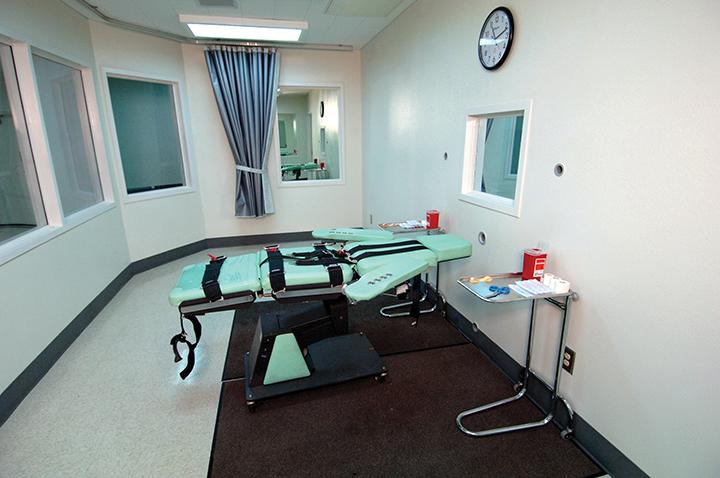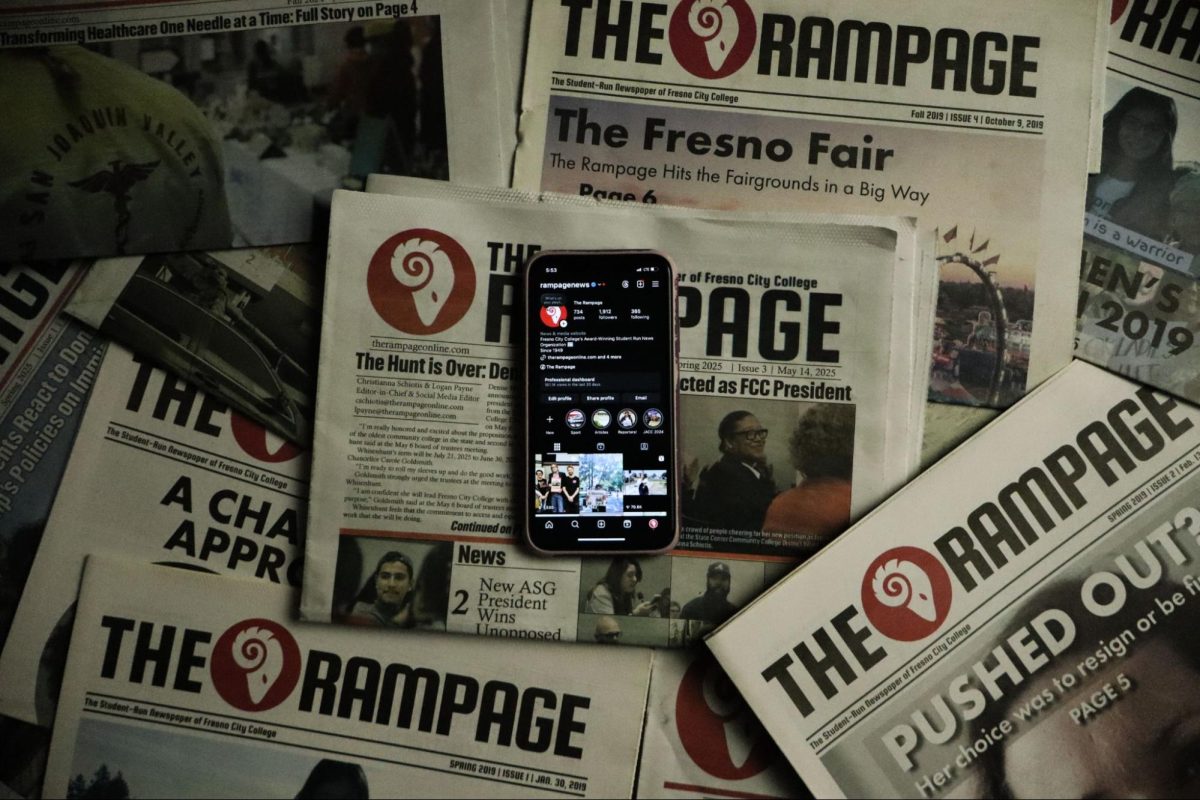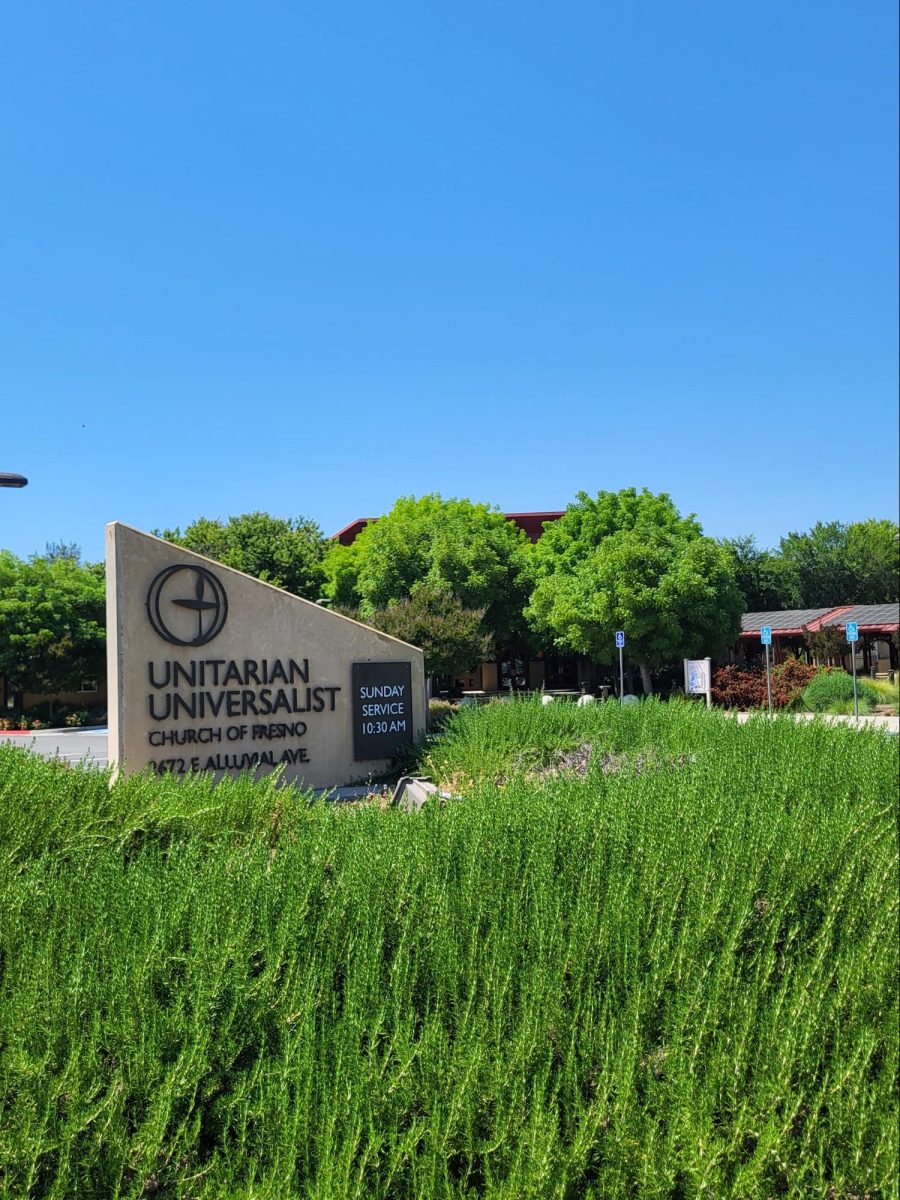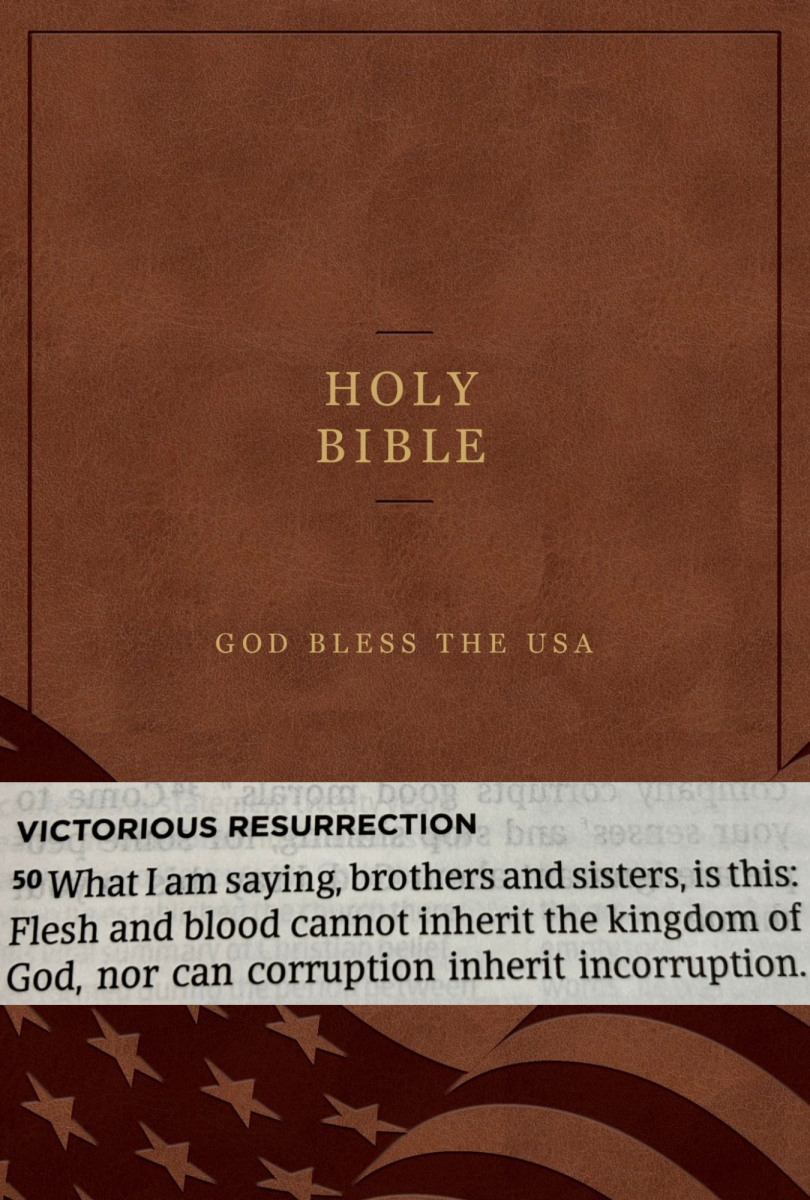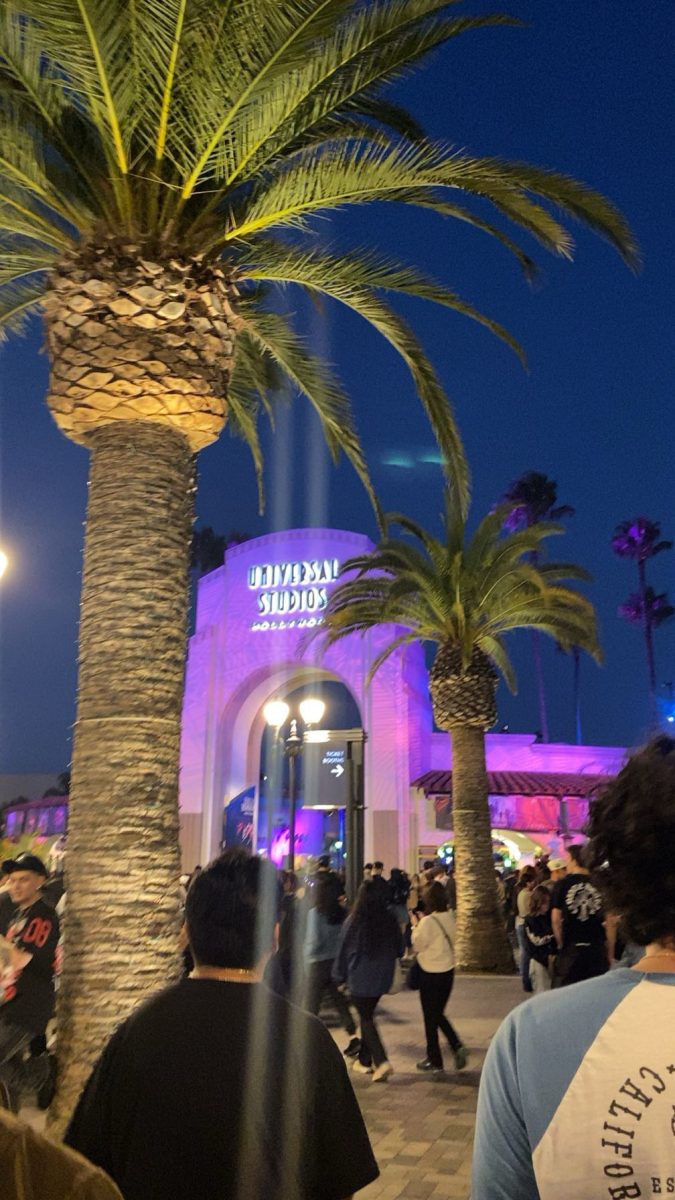In a nation that doesn’t trust its government, it is absurd that the government would be entrusted with the ultimate power — the power to kill its own citizens.
For too long, we have practiced a form of medieval vengeance that has seen countless and unknown innocents publicly executed.
This is the choice Californians are faced with today: whether or not it is best to continue to point the gun of a subjective and conflicted legal system at the face of its own citizens.
Those opposed to Proposition 34 argue that justice cannot be served to the families of victims if the death penalty is repealed. But what justice is served by the blood of the convicted? What good can be done when the state is in the business of murder for the sake of murder? In the word of Gandhi, “An eye for an eye leaves the whole world blind.”
Rather than a system of vengeance, Proposition 34 offers hope for positive and real change.
Families of victims, who suffered the most egregious offenses, will no longer have to settle for their tears turning into blood; rather they will know that full and true justice is being served.
A stipulation in the proposition could also mandate that the convicts work while in prison and send paychecks to the family of the victims. Most importantly, the proposition saves the state money that it can use toward stopping and prosecuting murders and rapes.
Justice is not best served in blood. The sages of the 20th century all but proved that. Martin Luther King, Jr. said, “Darkness cannot drive out darkness.”
The fact that we continue to have our government decide the life and death puts us more on par with Afghanistan, China, Iran, Iraq, Libya, and North Korea, than being the democratic light of the world.
Those against Proposition 34 argue that it costs too much to keep these offenders in prison without the possibility of parole. First of all, human life should never be relegated to a dollar amount, regardless of whose life it is. Secondly, that accusation is simply not true.
An impartial study found that California alone would save nearly $1 billion over five years if the death penalty were repealed. That money can then go toward enforcement of laws and protection of citizens, and leave much of the bureaucracy and litigation of how to properly kill killers in our society behind.
More fundamentally, however, is the fact that in order for a democracy to work, the society must be subject to a higher standard than the individual. The society cannot be blinded by vengeance; we cannot kill to punish killers.

